Dhammada Collective brings participatory design and cultural preservation to the fore in India
Dhammada Collective, in India's Bhopal, combines participatory design with cultural preservation to foster sustainable growth
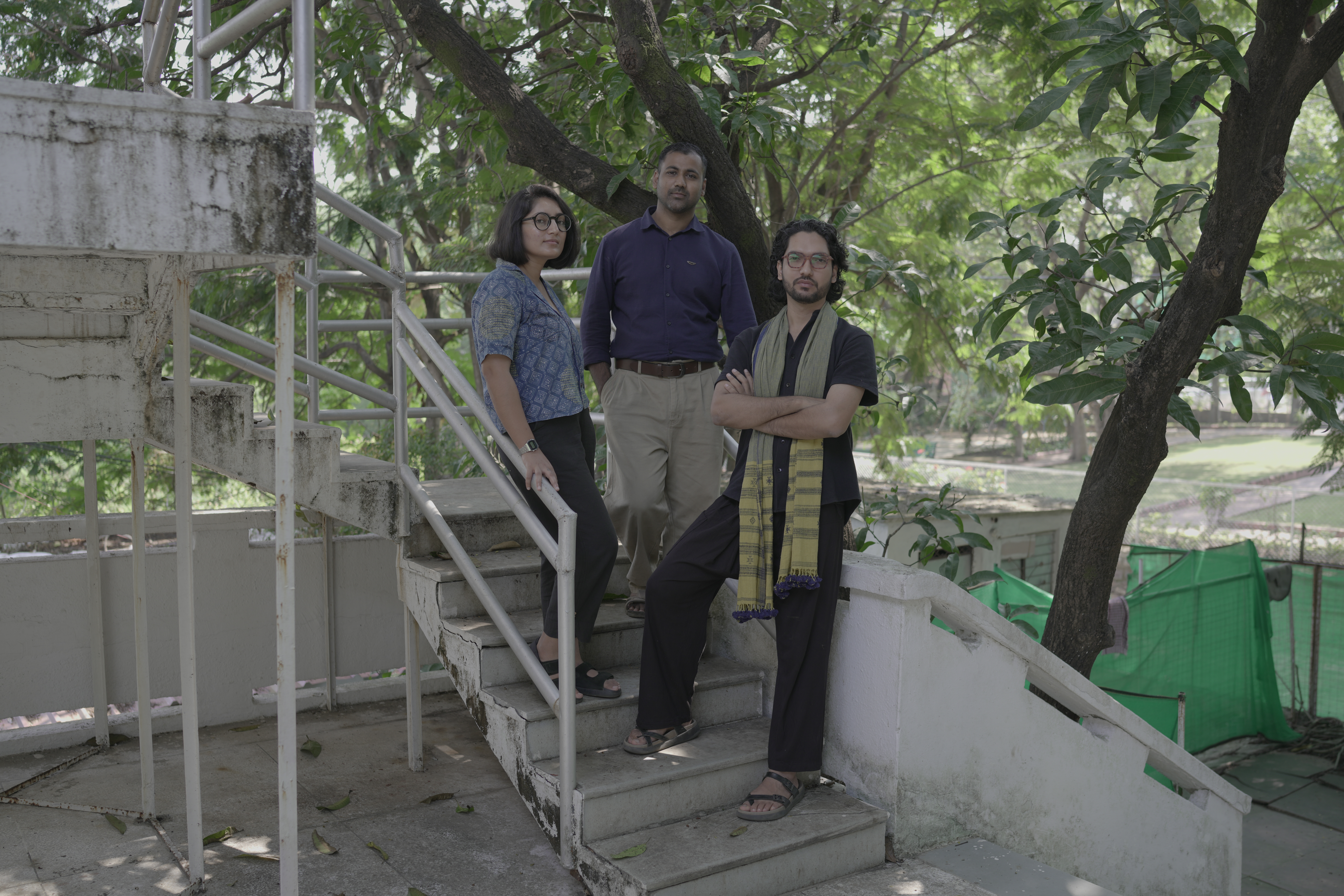
It’s not common for recent architecture graduates in India to set up shop outside major metropolitan areas. Yet it’s exactly what Nipun Prabhakar did in 2021 when he founded Dhammada Collective in the quiet city of Bhopal; Nilesh Suman and Simran Channa joined him over the next two years to complete the core team of this small design and research group. ‘Access to design is lacking in Tier-2 and -3 cities and rural areas,’ explains Prabhakar. ‘We wanted to focus on these regions with the aim of providing an alternative to rapid, often unsustainable growth.’

An example of Dhammada Collective's ongoing 'rural homestay' project
Dhammada Collective: a profile
At the core of the collective’s work are two interlinked ideas. The first is participatory design, best exemplified by their largest commission to date: an ongoing project in collaboration with the non-profit Hunnarshala Foundation to co-create over 50 ‘rural homestays’ directly with homeowners across nine villages in the central state of Madhya Pradesh for the local tourism board.
Similarly, in the northern hilly state of Himachal Pradesh, the collective is working with students and villagers to rebuild a primary school that was ravaged by recent floods. This method, especially in this part of the world, comes with its challenges. ‘We’re engaging with communities who haven't worked with architects before,’ says Channa. ‘So building trust is a struggle. We have to unlearn what we have learnt and learn from what they know.’
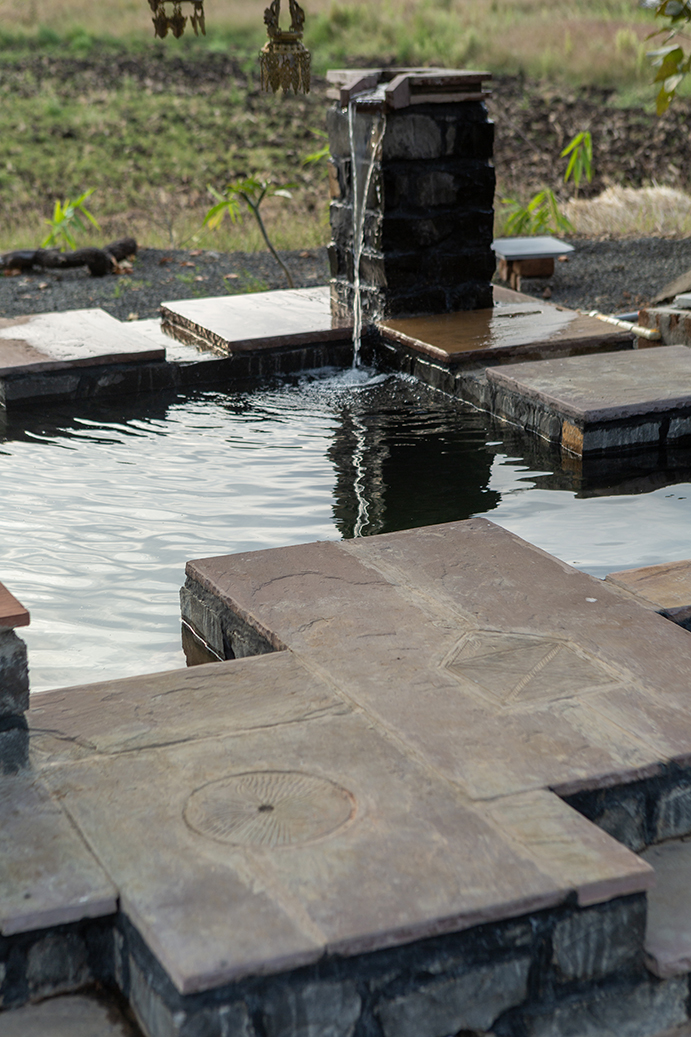
'Kund under the Mahua tree', a plunge pool for a private homestay
Cultural preservation is the second aspect that unites the collective’s work; every project begins with a survey of local materials and vernacular ways of building and living. A plunge pool at a private homestay in Bhopal, for instance, is constructed in locally sourced basalt, topped with red sandstone that further encases ‘grinding’ stones made by local craftsmen – in a design reminiscent of traditional stepwells.
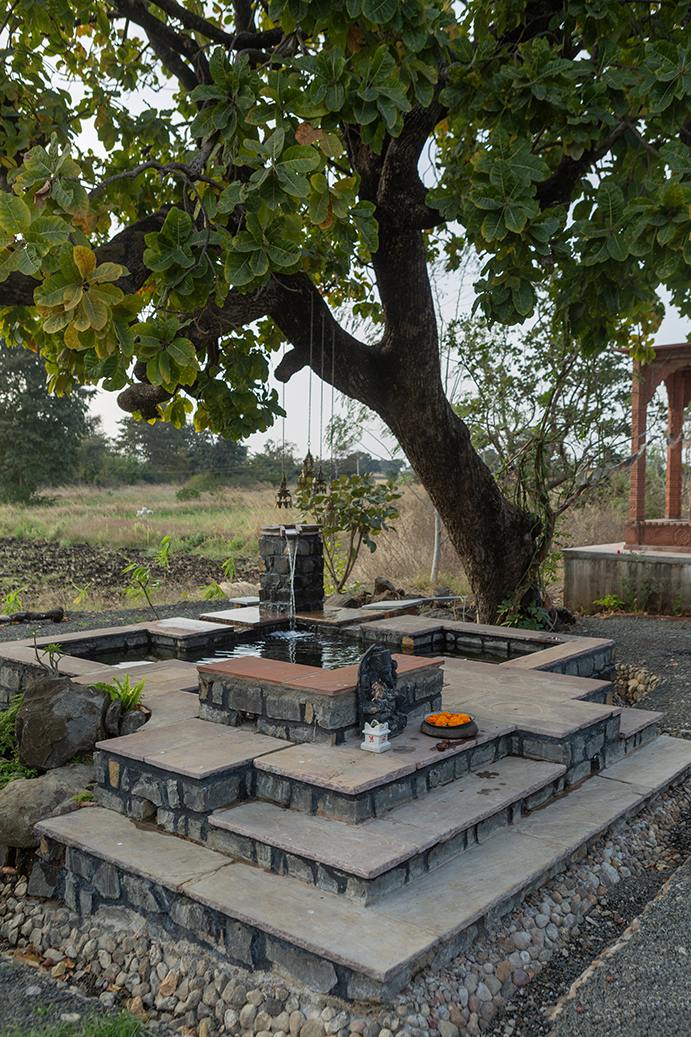
'Kund under the Mahua tree', a plunge pool at a private homestay
The group’s work in this realm also extends to discourse. An exhibition designed for the Hunnarshala Foundation as part of the Sharjah Architecture Triennial 2023 shined the spotlight on a variety of traditional building crafts, from brick dome-making to mud and lacquer work. Another upcoming exhibition will employ the traditional Indian charpai (woven bed) to present how pastoral communities travel with their homes.

Dhammada Collective's Hunnarshala Foundation exhibition at the Sharjah Architecture Triennial 2023
‘I can’t say that it’s very financially rewarding yet,’ admits Prabhakar of their unconventional practice, ‘but we’re hoping to get there someday.’ The collective has already started developing craft-based products, as much to diversify their revenue streams as to support local economies.

Dhammada Collective's Hunnarshala Foundation exhibition at the Sharjah Architecture Triennial 2023
The big dream is to digitally document and make vernacular building traditions across the country available for public access. ‘Sometimes architects have to play roles beyond that of just a designer,’ he says, in an obvious nod to the name of the practice – dhamma ada – which loosely translates to ‘performing one’s duty.’
Wallpaper* Newsletter
Receive our daily digest of inspiration, escapism and design stories from around the world direct to your inbox.

Dhammada Collective's exhibition 'Kesh Kala - the art of hair in India'
Suneet Langar is a writer, editor, and curator specialising in design, architecture, and urbanism.
-
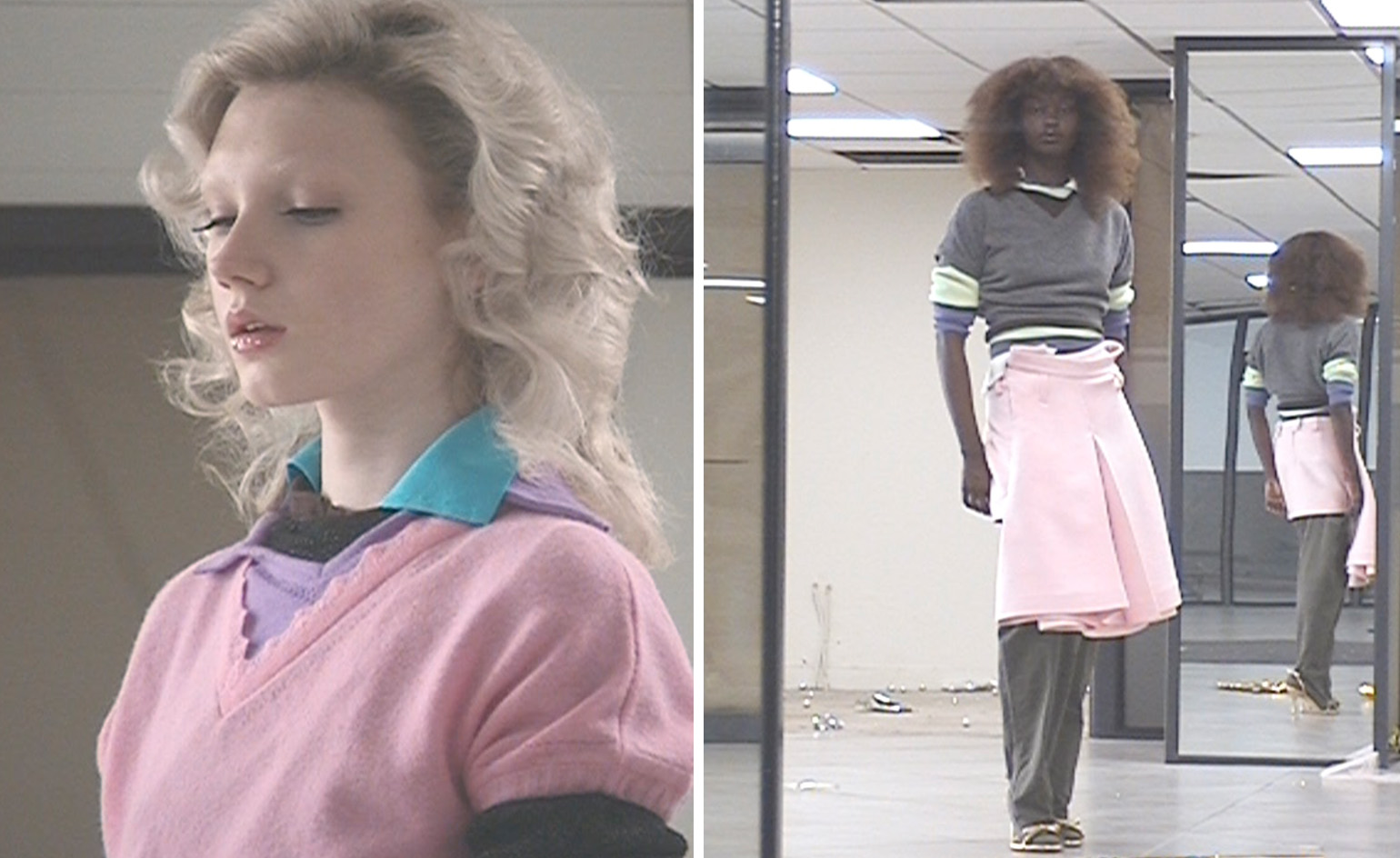 All-In is the Paris-based label making full-force fashion for main character dressing
All-In is the Paris-based label making full-force fashion for main character dressingPart of our monthly Uprising series, Wallpaper* meets Benjamin Barron and Bror August Vestbø of All-In, the LVMH Prize-nominated label which bases its collections on a riotous cast of characters – real and imagined
By Orla Brennan
-
 Maserati joins forces with Giorgetti for a turbo-charged relationship
Maserati joins forces with Giorgetti for a turbo-charged relationshipAnnouncing their marriage during Milan Design Week, the brands unveiled a collection, a car and a long term commitment
By Hugo Macdonald
-
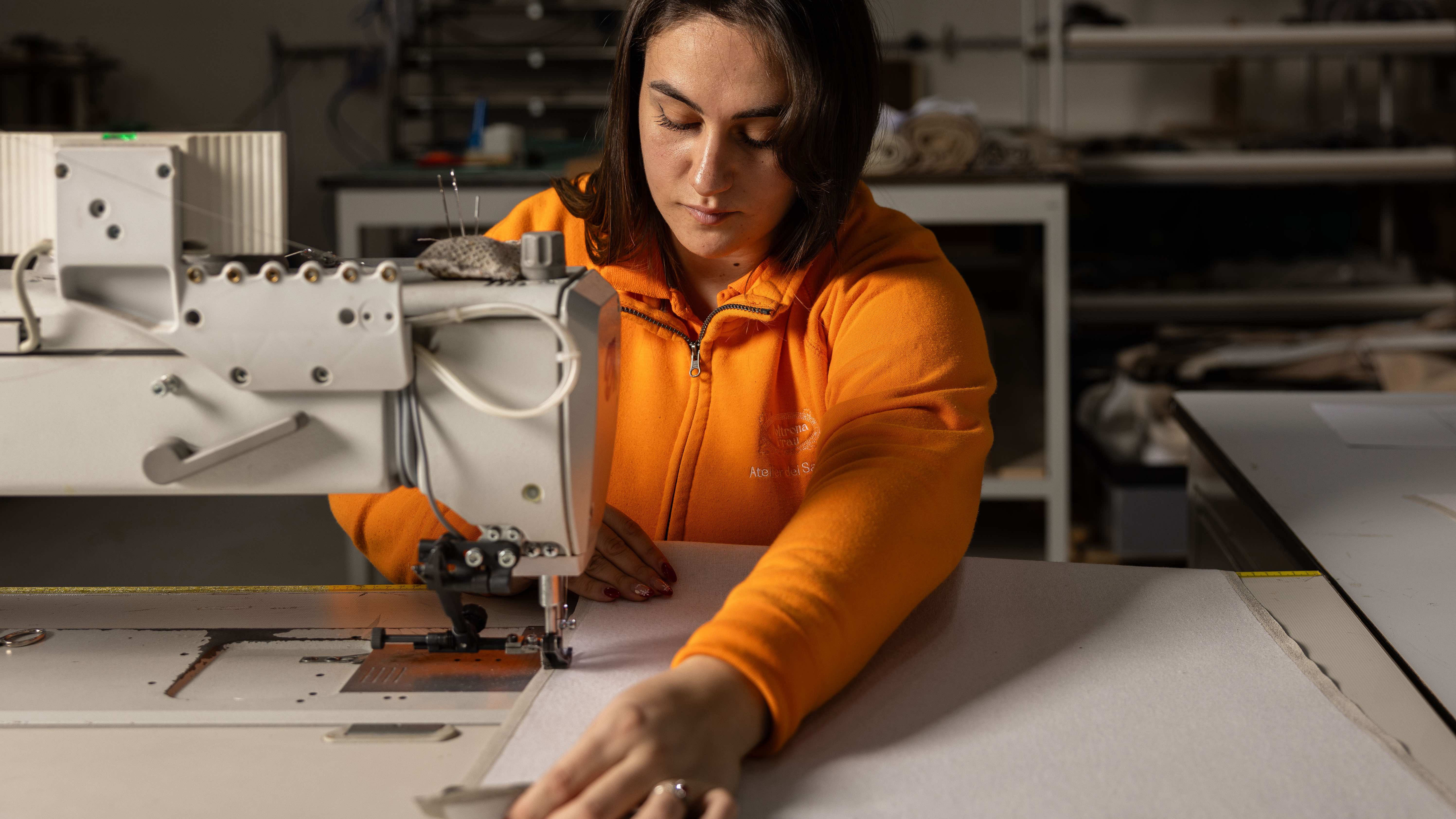 Through an innovative new training program, Poltrona Frau aims to safeguard Italian craft
Through an innovative new training program, Poltrona Frau aims to safeguard Italian craftThe heritage furniture manufacturer is training a new generation of leather artisans
By Cristina Kiran Piotti
-
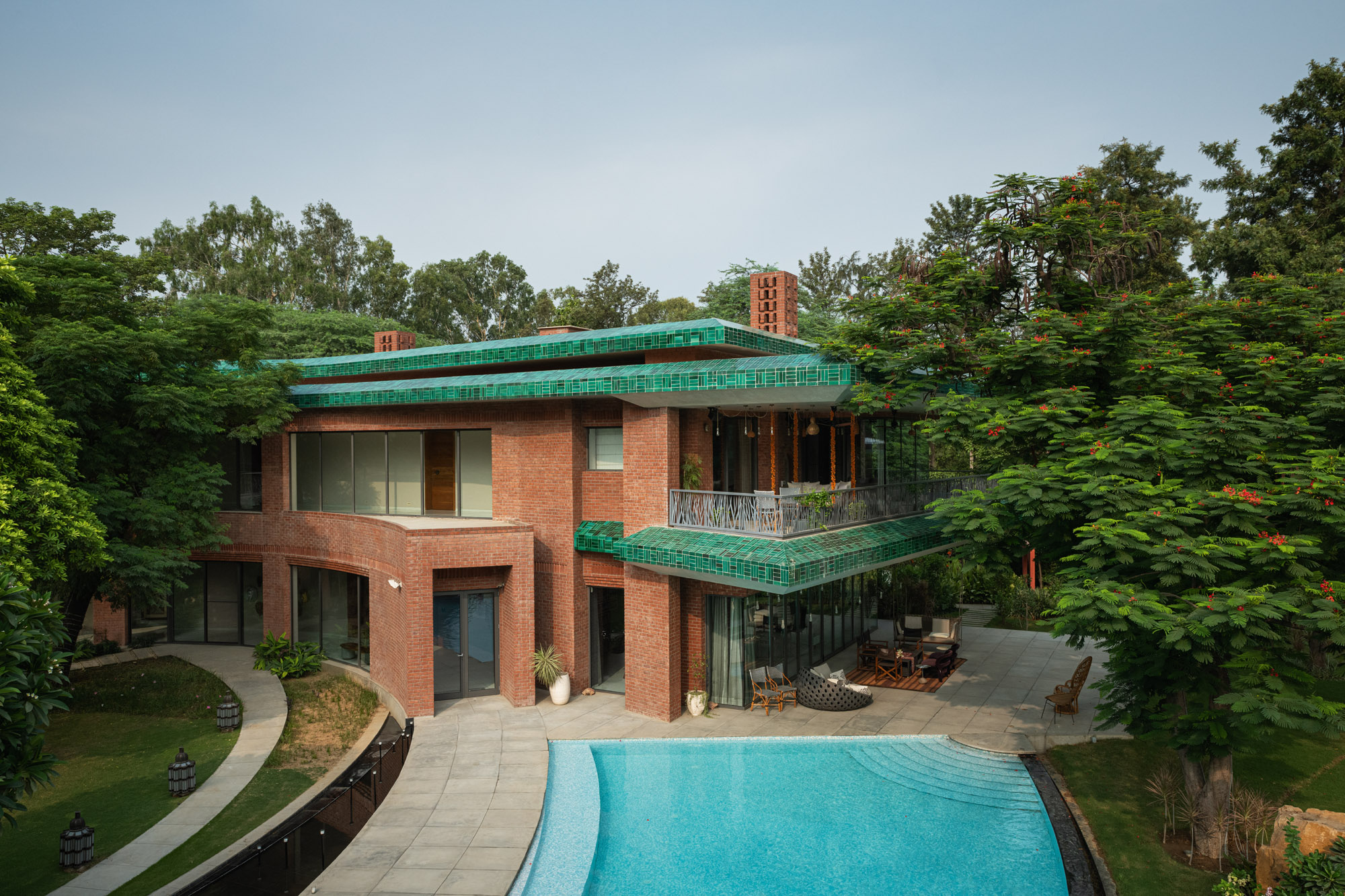 Shalini Misra’s Delhi home is a seasonal sanctuary ‘made in India’
Shalini Misra’s Delhi home is a seasonal sanctuary ‘made in India’Interior designer Shalini Misra’s retreat in the Indian capital champions modernist influences, Islamic ancestry and local craftsmanship
By Sunil Sethi
-
 A triplex Mumbai penthouse contains sculptural staircases and expansive terraces
A triplex Mumbai penthouse contains sculptural staircases and expansive terracesEnso House is a multigenerational Mumbai penthouse by S+PS Architects that combines a reorganised interior programme with bespoke finishes and crafts
By Jonathan Bell
-
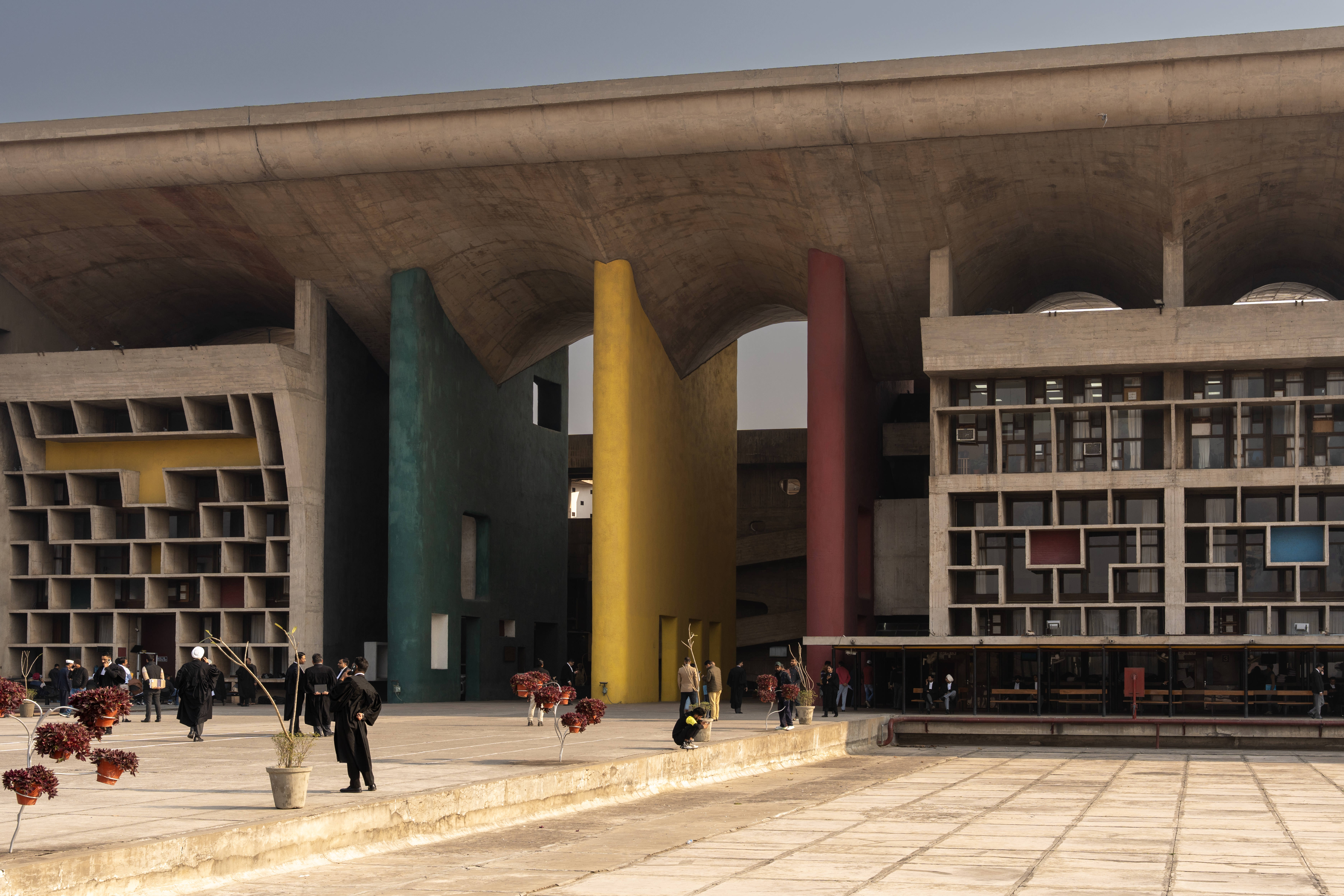 This ‘architourism’ trip explores India’s architectural history, from Mughal to modernism
This ‘architourism’ trip explores India’s architectural history, from Mughal to modernismArchitourian is offering travellers a seven-night exploration of northern India’s architectural marvels, including Chandigarh, the city designed by Le Corbusier
By Anna Solomon
-
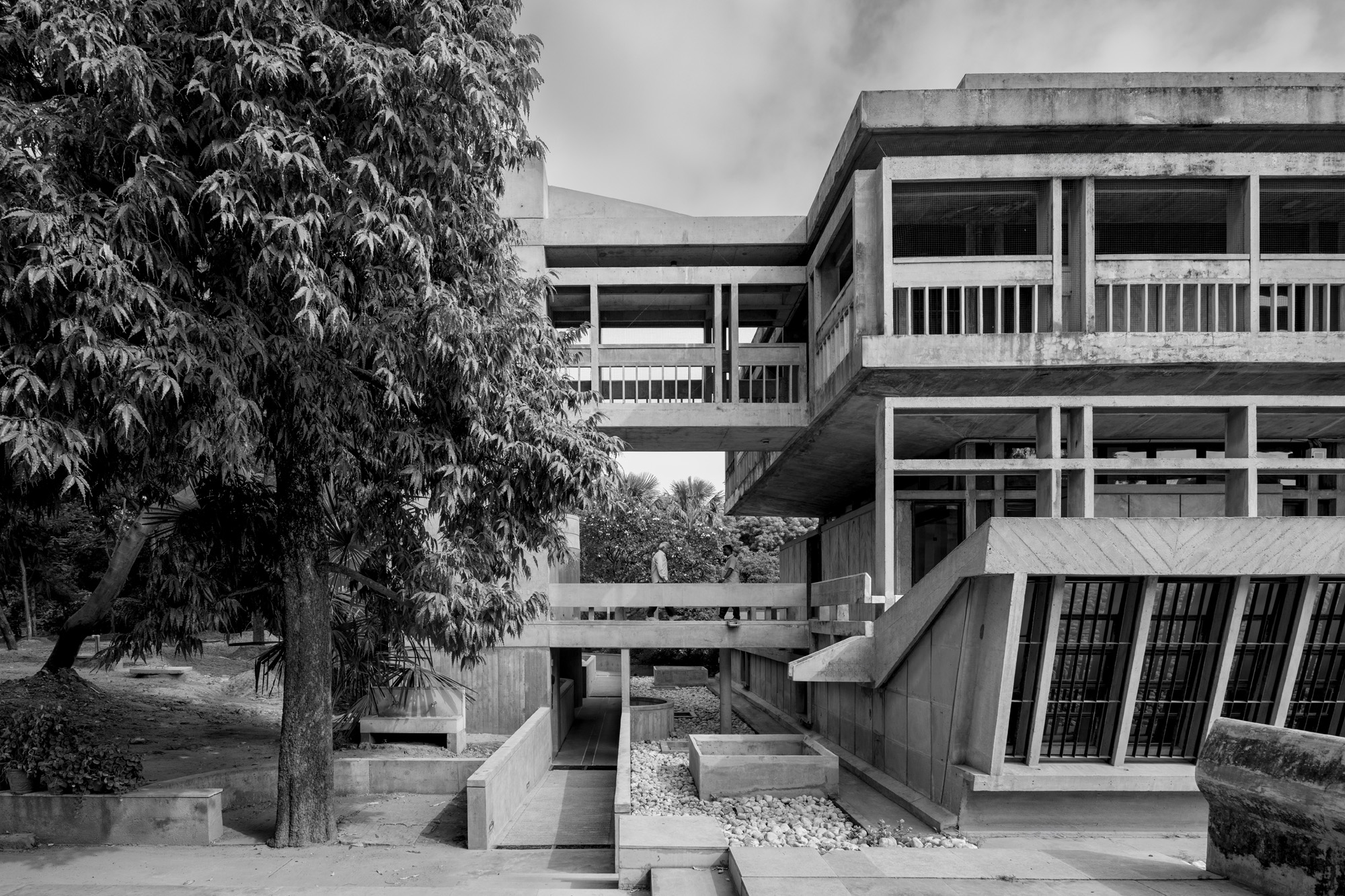 At the Institute of Indology, a humble new addition makes all the difference
At the Institute of Indology, a humble new addition makes all the differenceContinuing the late Balkrishna V Doshi’s legacy, Sangath studio design a new take on the toilet in Gujarat
By Ellie Stathaki
-
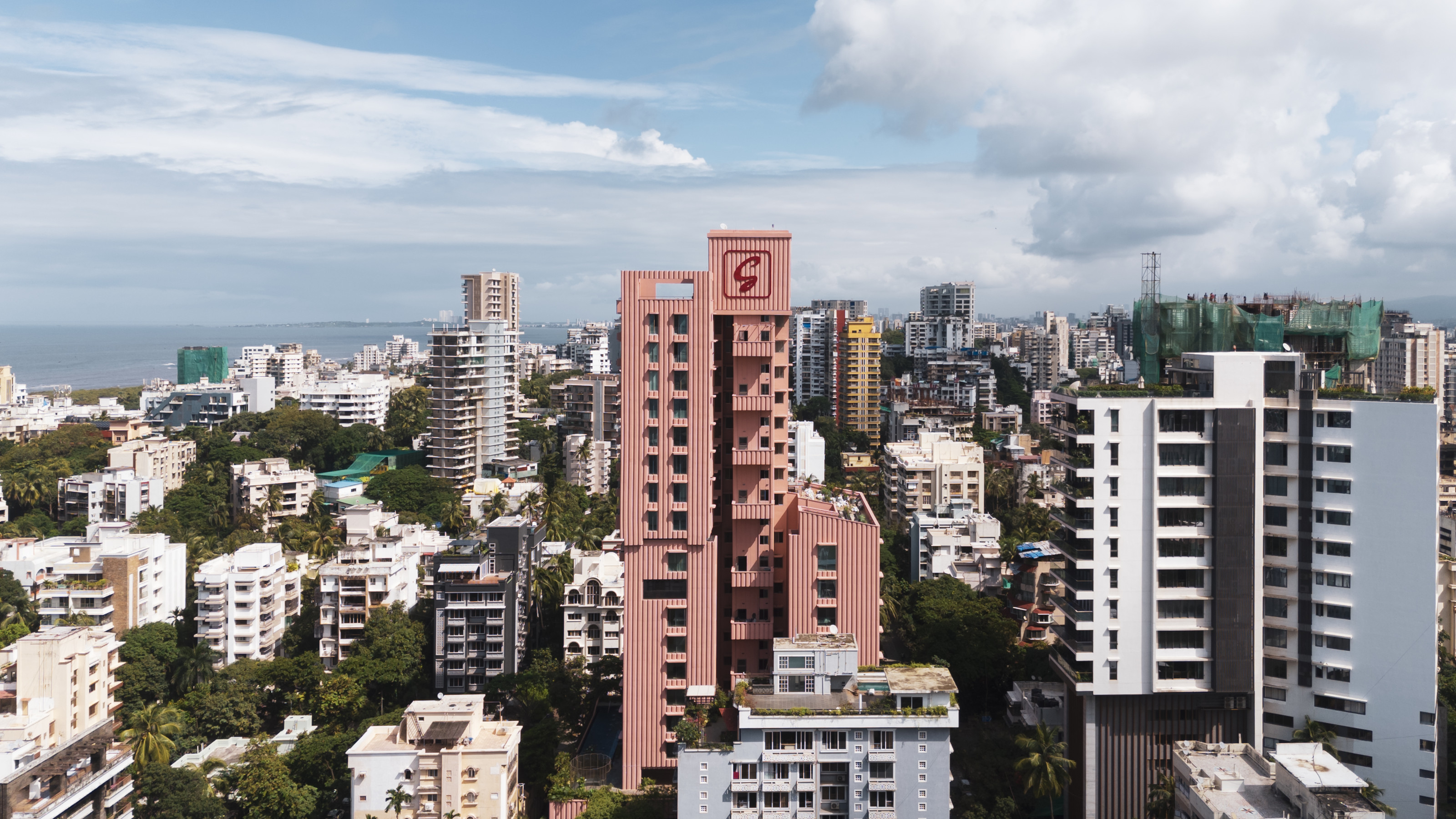 Pretty in pink: Mumbai's new residential tower shakes up the cityscape
Pretty in pink: Mumbai's new residential tower shakes up the cityscape'Satguru’s Rendezvous' in Mumbai houses luxury apartments behind its elegant fluted concrete skin. We take a tour.
By Jonathan Bell
-
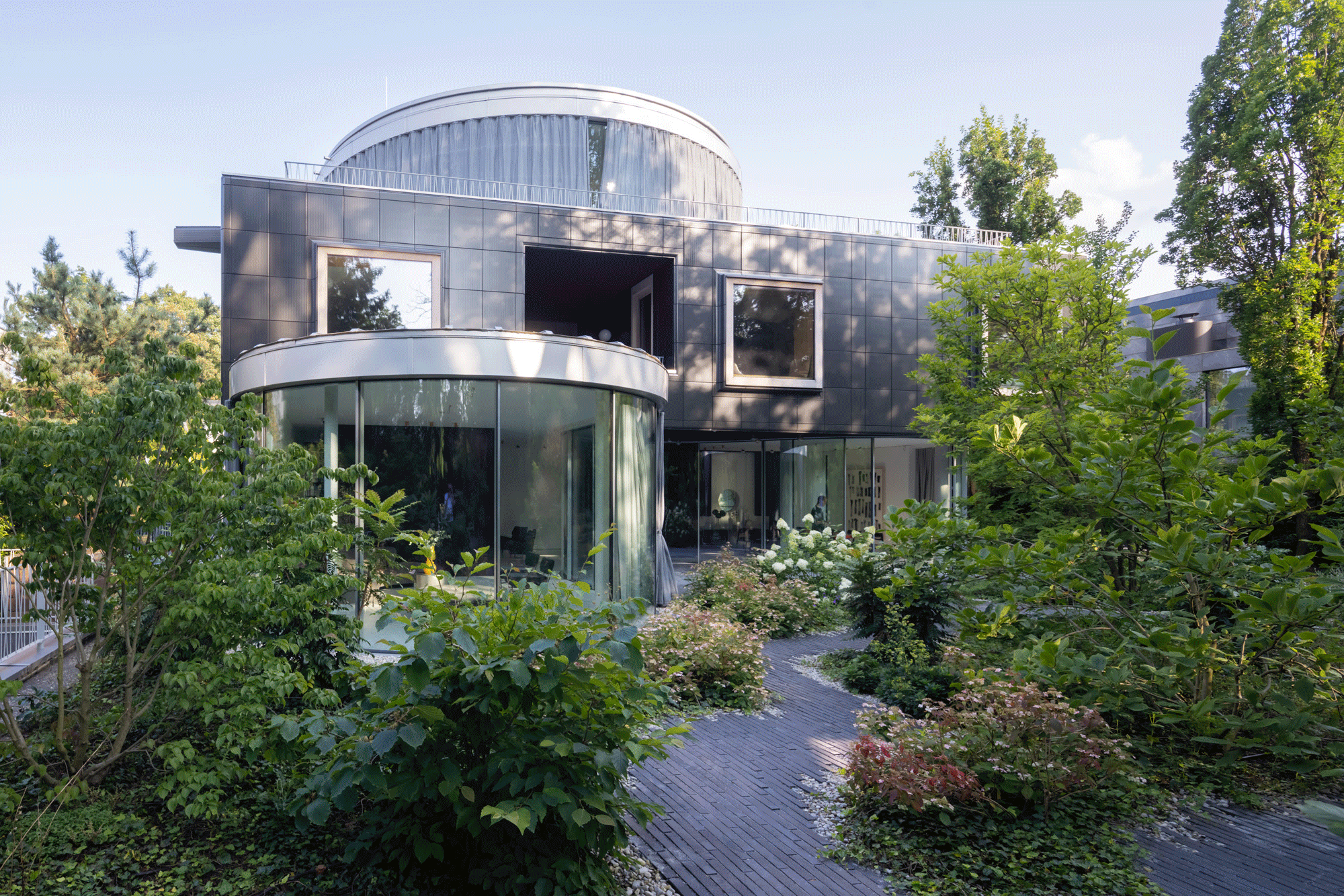 Join our world tour of contemporary homes across five continents
Join our world tour of contemporary homes across five continentsWe take a world tour of contemporary homes, exploring case studies of how we live; we make five stops across five continents
By Ellie Stathaki
-
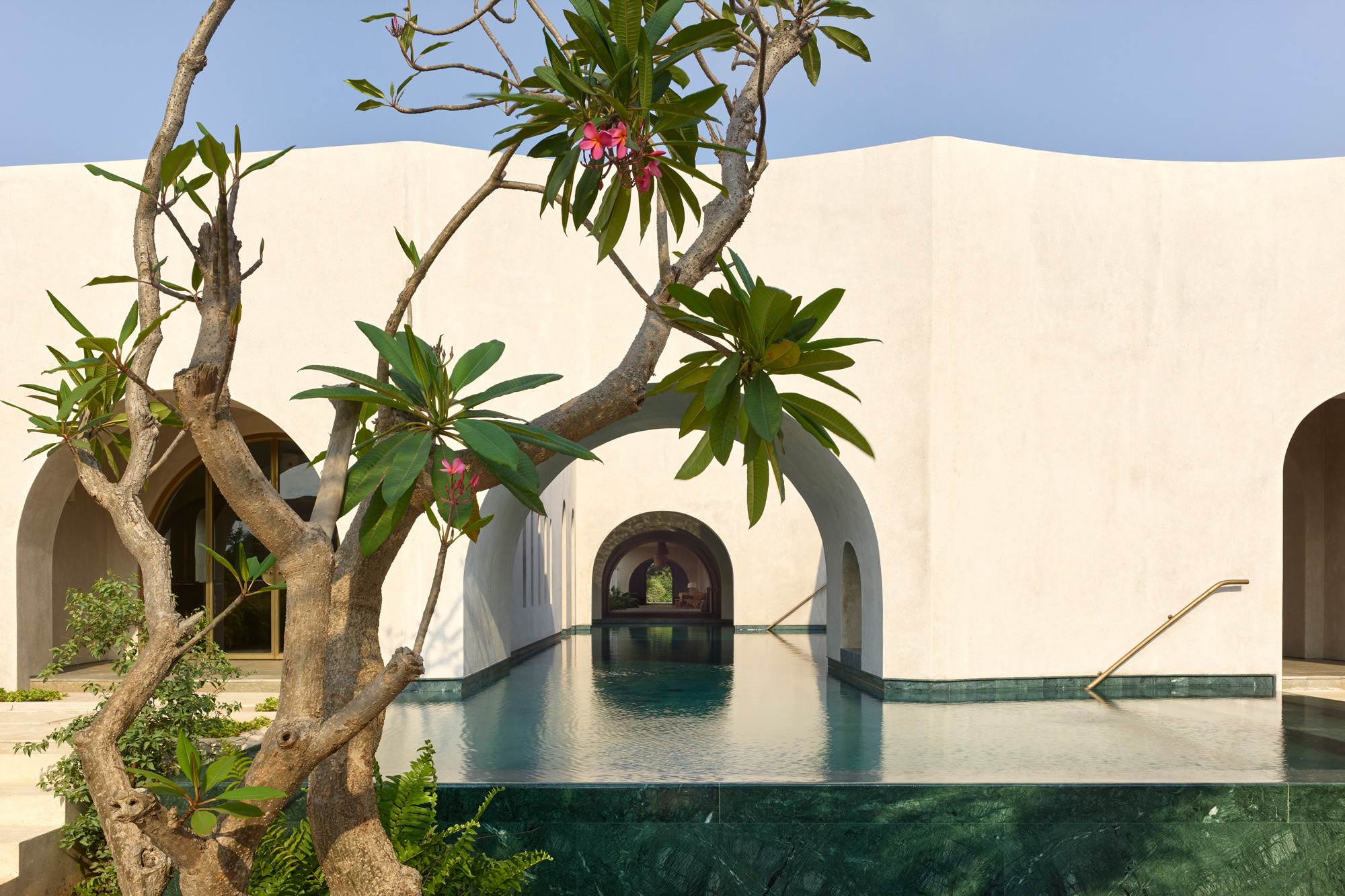 Walk through an Indian villa near Mumbai, where time slows down
Walk through an Indian villa near Mumbai, where time slows downIn this Indian villa, Architecture Brio weaves together water features, stunning gardens and graceful compositions to create a serene retreat near Mumbai
By Stephen Crafti
-
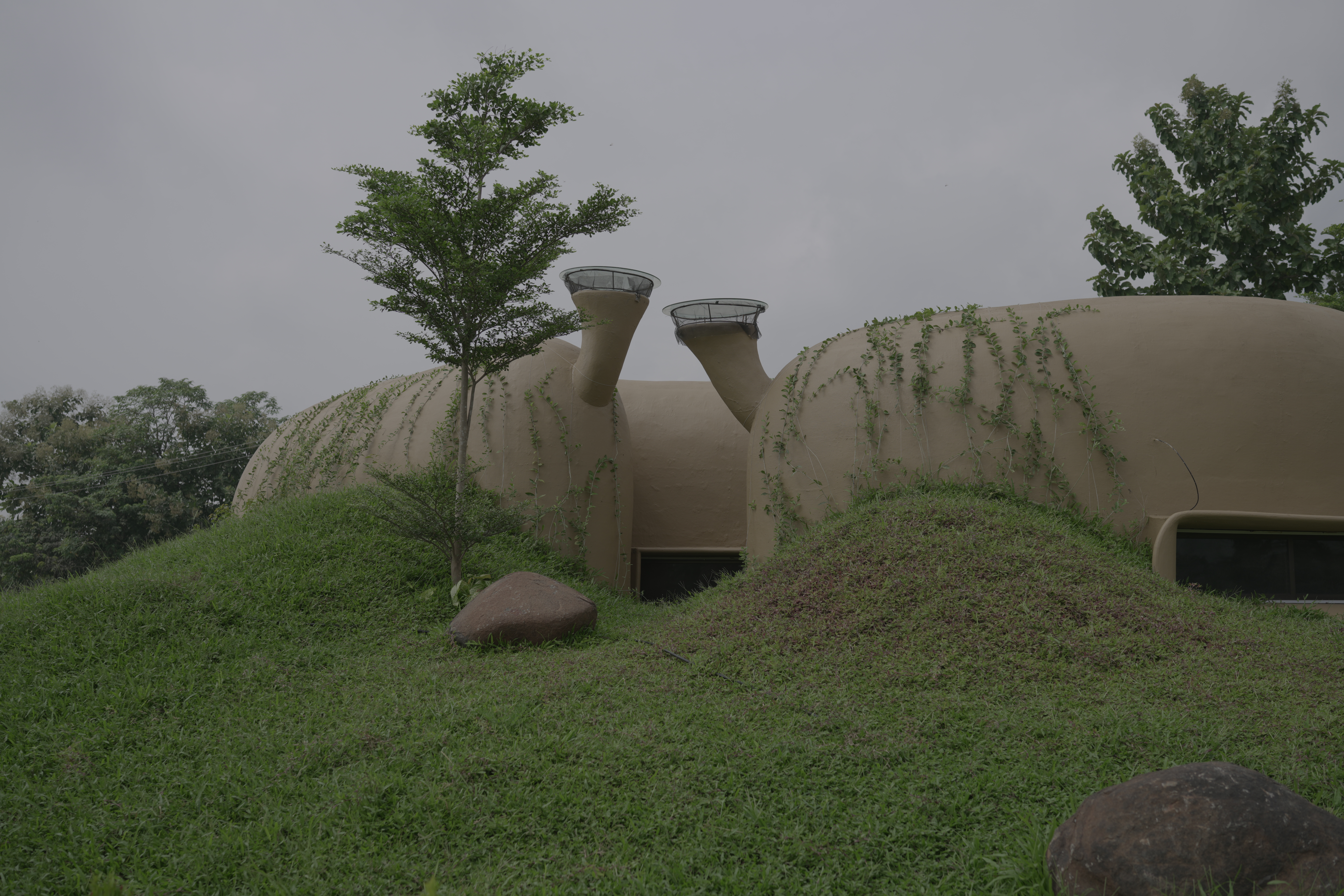 Nine emerging Indian architecture studios on a mission to transform their country
Nine emerging Indian architecture studios on a mission to transform their countryWe survey the emerging Indian architecture studios and professionals, who come armed with passion, ideas and tools designed to foster and bolster their country's creative growth
By Ellie Stathaki